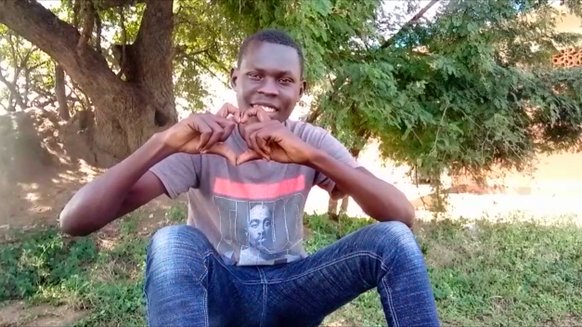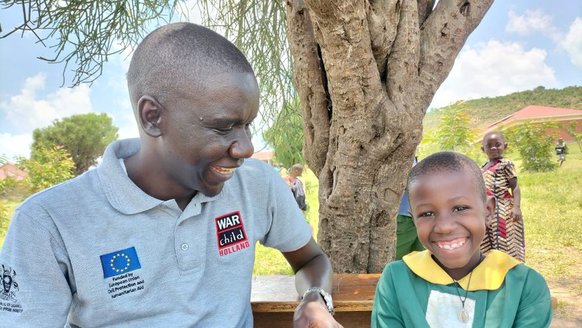Meet Our Mental Health Experts
Oct. 10, 2023
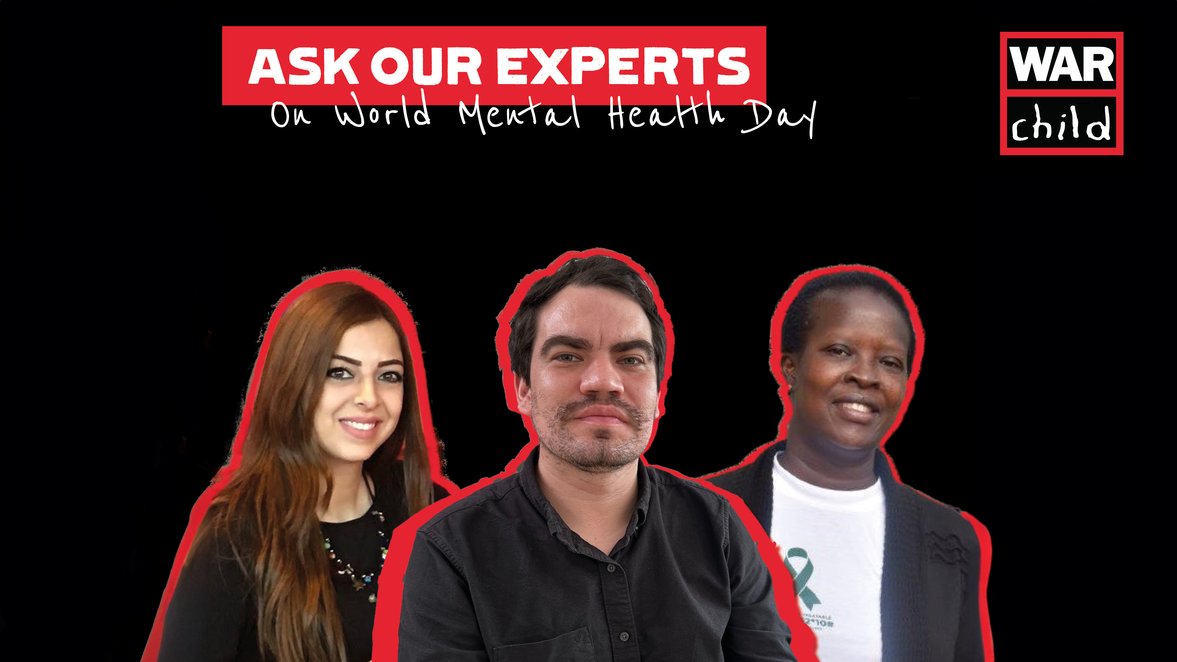
1% of humanitarian funding on mental health
Mental ill-health affects one in four people and around 20% of the world’s children and youth. It increased during the COVID-19 pandemic and low-income countries - countries where War Child is present - continue to bear the brunt. Yet, only 2% of global health and 1% of humanitarian funding goes towards mental health and psychosocial support.
Despite this environment, every day, our team of experts, drive actions to protect and promote mental health as a universal human right. What are the biggest challenges they encounter in their work? What mental health problems are they facing? Keep reading to find out.
Day in the life
First of all, what does an average day as a psychosocial support specialist look like? “That’s a hard question to answer succinctly”, says Heba Ghalayini, Psychosocial Support Advisor for War Child in the occupied Palestinian territory. “My role is very diverse. As a technical advisor, a significant part of my job involves overseeing trainers who deliver trainings to local partners on psychosocial support and child protection.
“Collaborating with colleagues and individual learning is also an important aspect”, she adds. “I’m always exploring new and better ways to address the mental health crisis in my context.”
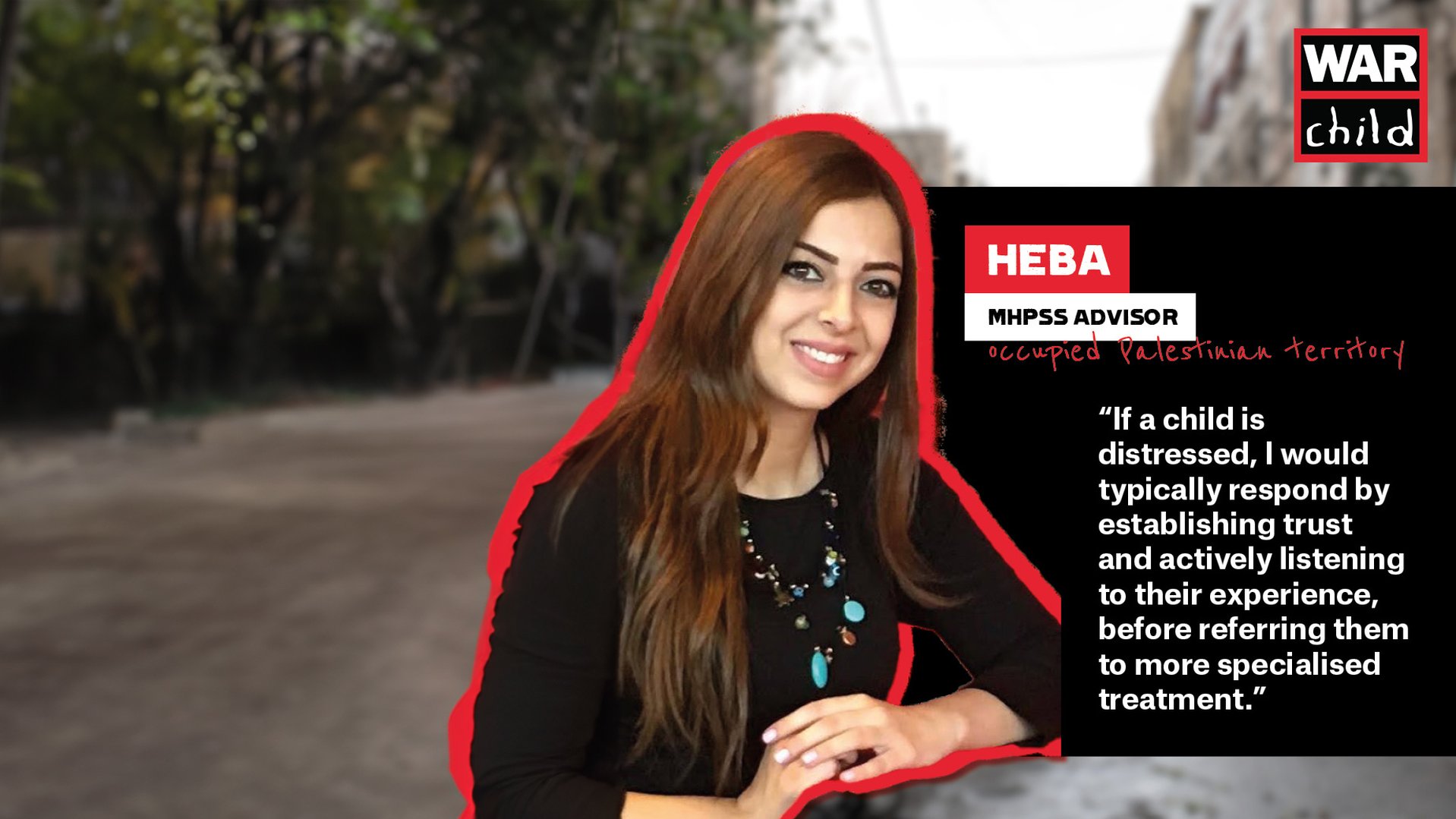
Stress, anxiety, hopelessness
And what kind of mental health problems is she encountering? Do these differ from community to community or even across borders? “Of course, there are general themes”, explains Heba. “But in Gaza and the West Bank we see a high level of stress and anxiety among children and adolescents due to life under occupation and repeated exposure to armed violence.”
“Yes, agreed - mental health transcends borders”, adds Juan José Castellanos, Manager of our Colombia programme. “But undoubtedly the context influences the problem. In Colombia, in dialogue with youth collectives, we have identified a general feeling of hopelessness and a disconnection from communities and families. This exacerbates risks such as recruitment of youth by armed groups and gangs resulting in a steady erosion of the social fabric and increasing the likelihood of suicidal ideation.”
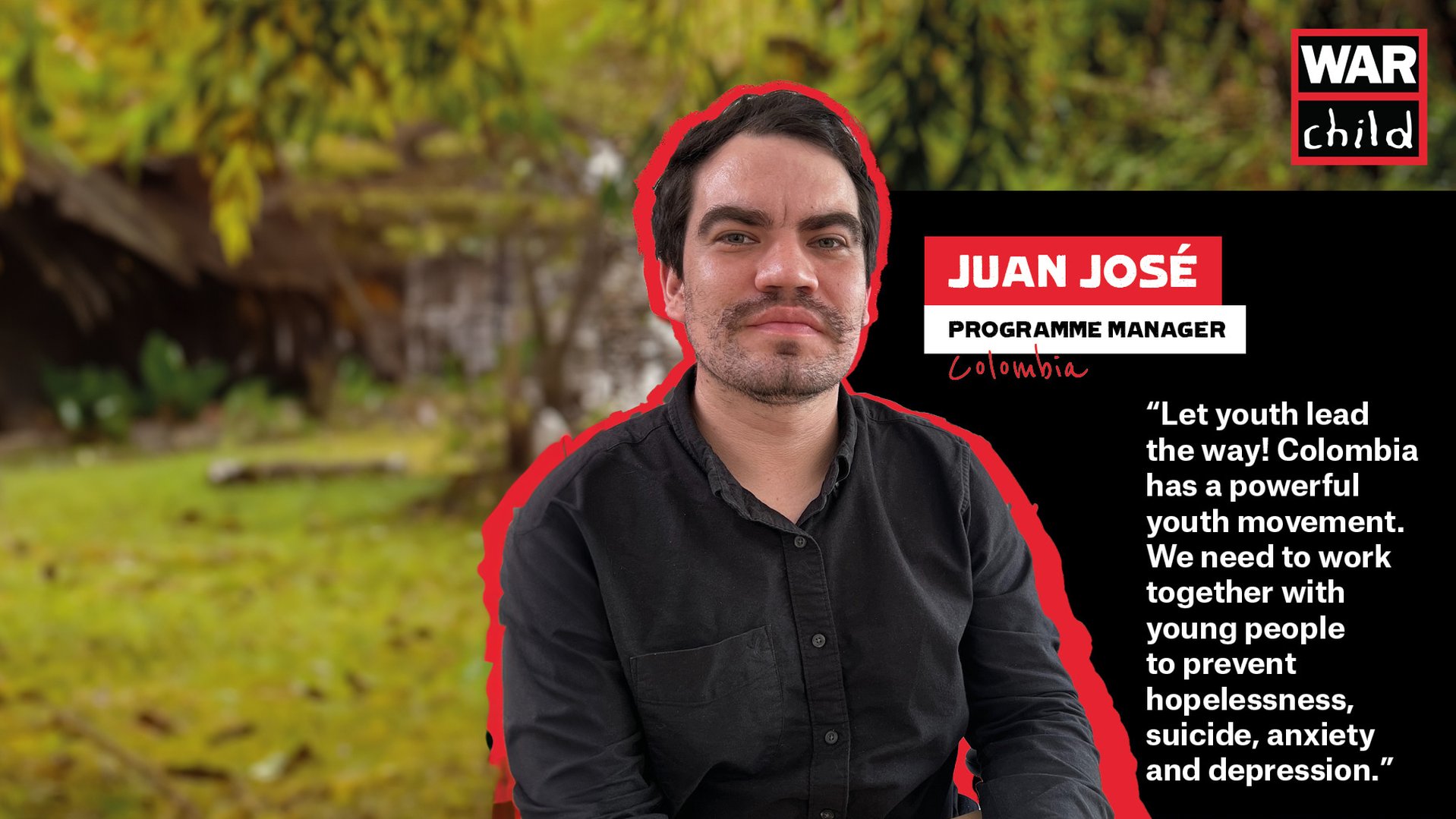
Addressing the mental health crisis
And how to address such an acute and deep-set problem? “By working with the youth to develop joint responses”, Juan responds enthusiastically. “What I just said - it sounds bleak, but the young people themselves are the light at the end of the tunnel. Colombia has a very powerful youth movement that is using sports and art to advocate for their rights and take care of each other.”
“And you have to really understand the problem in order to address it”, says Lagen Marjorie Judith, also a Psychosocial Support Advisor for War Child in Uganda. “It’s not just the condition itself but also the cultural barriers that prevent young people from seeking help.
In Uganda, mental illness equates to witchcraft. Speaking up could mean complete exclusion from the community or even put the individual in danger. This is not something we can change overnight; it requires local capacity and continuous avenues for research and feedback.”
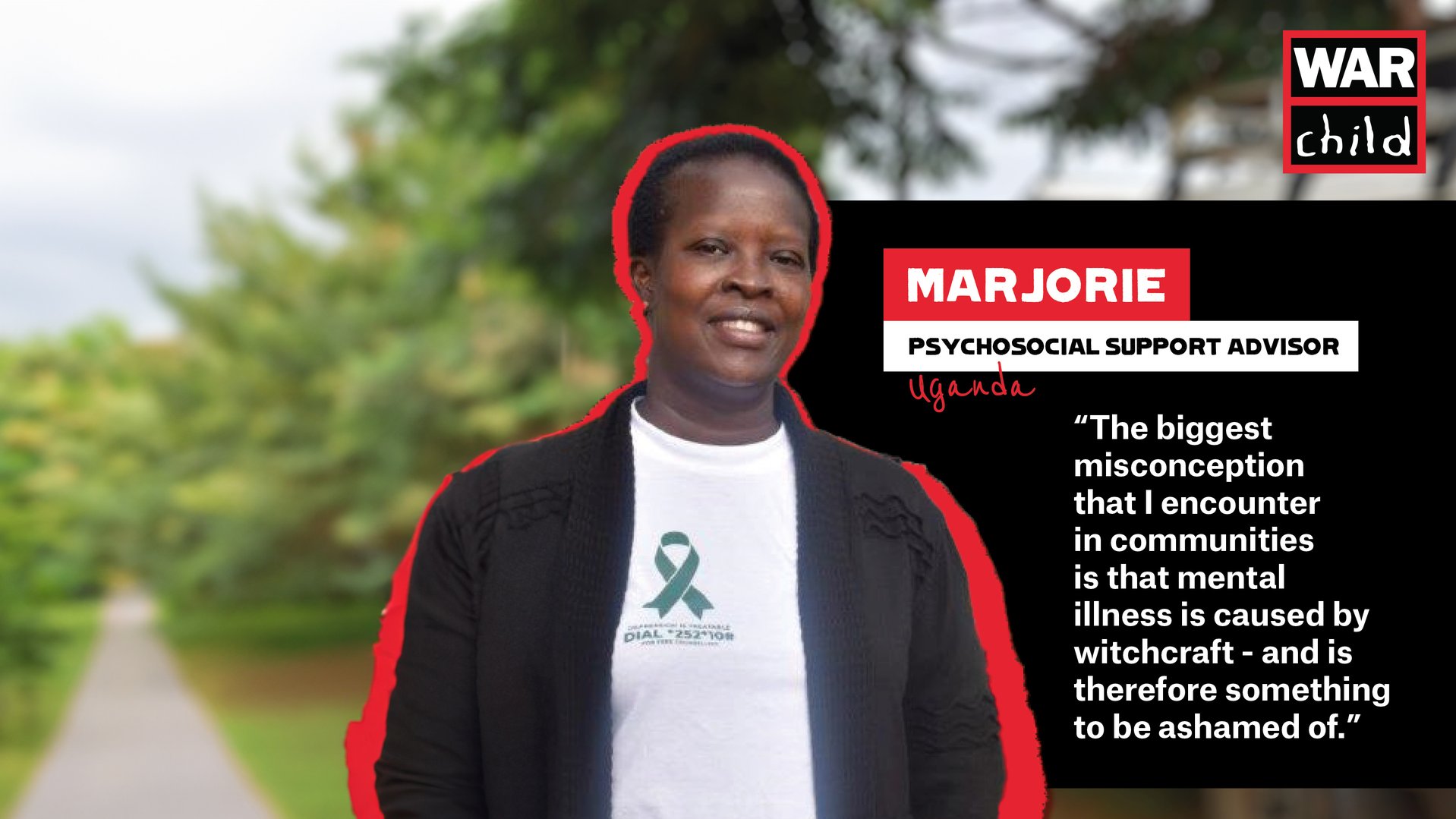
The importance of evidence-based approaches
Whilst we’re on the topic, do our specialists see research as key to the evolution of mental health responses? “Yes, it’s just another way of paying keen attention to the context”, says Marjorie. “We might think we know what we’re dealing with but we’re often relying on intuition or personal experience. Research allows us to build a solid base of evidence - and continuously improve and adapt our interventions.”
“Exactly this”, says Heba. “We’re working with children who have lived through multiple traumatic events in their lifetime; who are suffering from stress, anxiety and flashbacks on an almost daily basis. So, we need to be sure, if we’re going to intervene, that we’re having a positive impact. Our evidence-based approach supports this conviction.”
Working from the heart
From all we’ve heard, it sounds like the job of a mental health expert requires a bucketful of superhuman qualities. “The human part I agree with”, says Marjorie. “Some days are hard but that’s why I end each day with a moment of gratitude. Knowing I made a positive contribution, however small, to the wellbeing of children - that makes it all worthwhile.
Juan shares the same sentiment. “To do the job well, you have to be open, connect deeply with your heart and take a step away from the “expert” role as regularly as possible. In other words, don’t get caught up in yourself! Involve the people; the community at all stages.”
